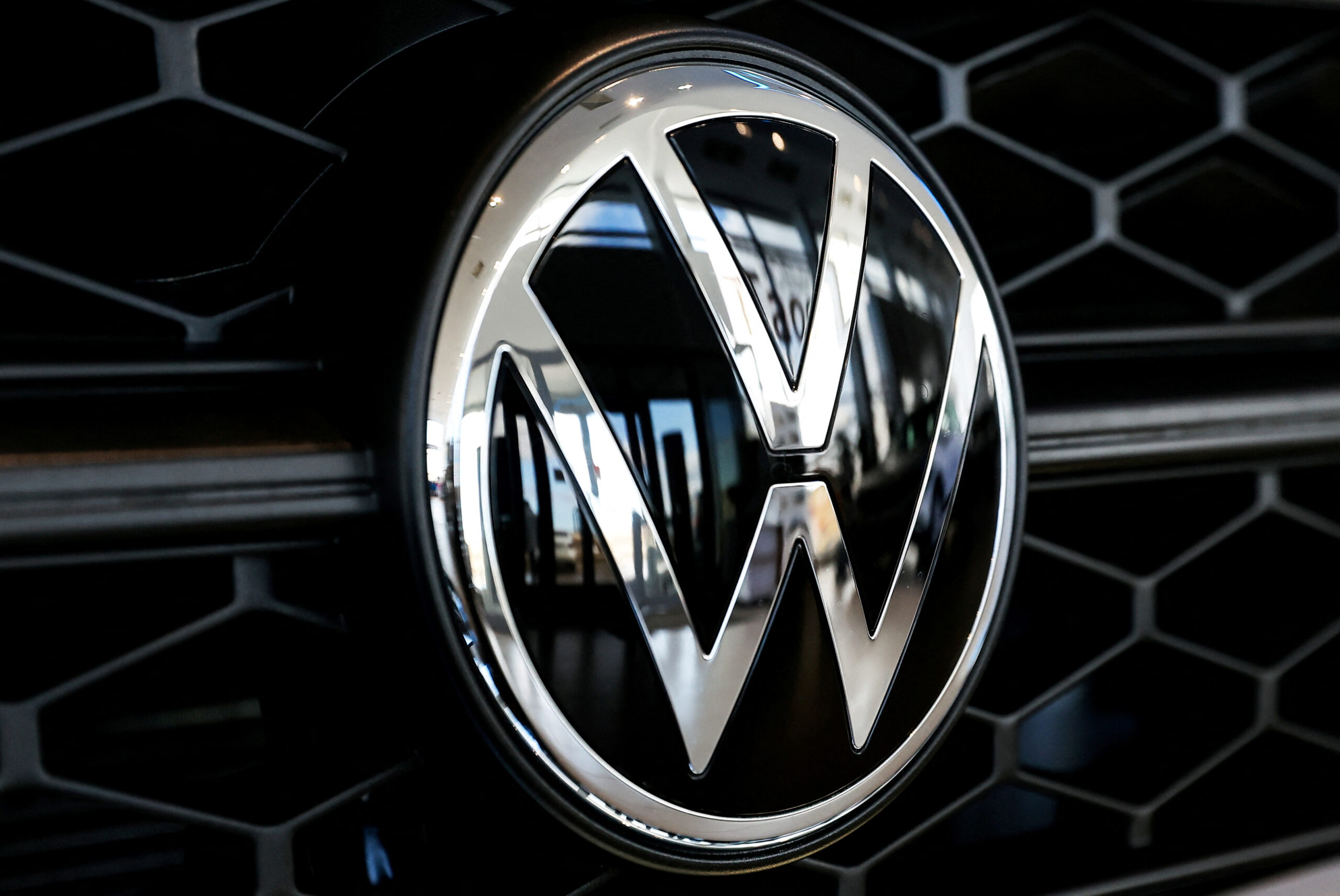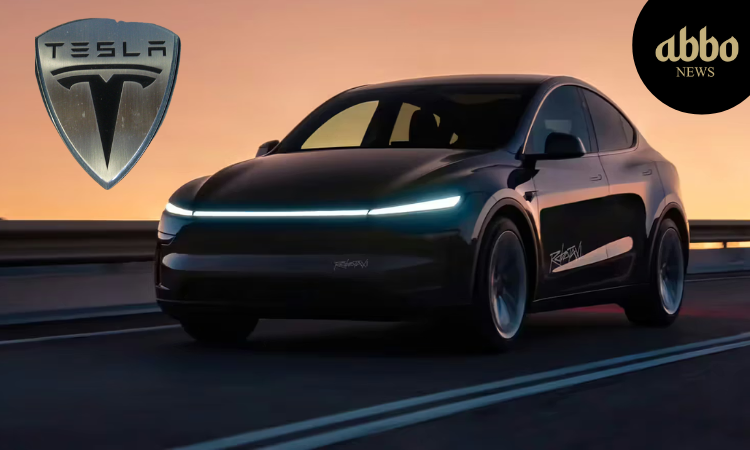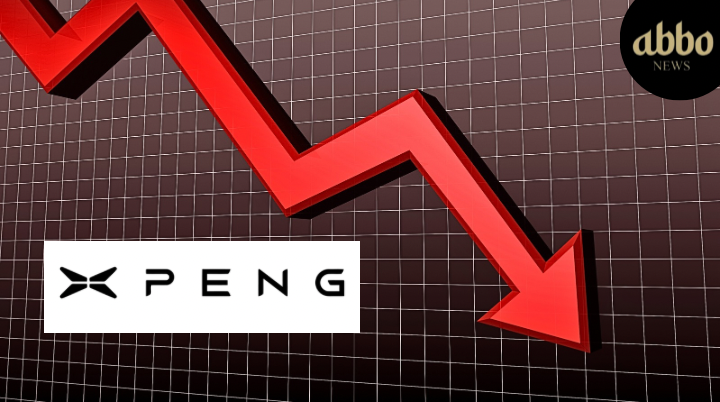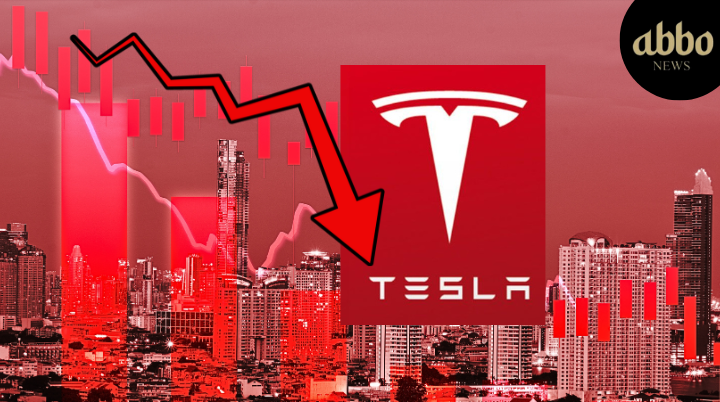BERLIN – When Volkswagen Group last month invested $5 billion in U.S. electric truck-and-SUV maker Rivian (NASDAQ: RIVN), the startup’s shares soared on the cash infusion.
And Volkswagen’s stock dropped 1.6%.
Some analysts praised the creation of a Volkswagen-Rivian joint venture to help the German giant with software. However, the investment raised cost concerns and reinforced how Volkswagen’s problems in critical areas undermined its EV transition globally.
The world’s second-largest automaker faces a vexing landscape of challenges in Europe, the U.S., and especially China, where domestic EV makers led by BYD are swiping its market share. It has lost more stock value than any major competitor over the past two years.
By 2030, Volkswagen plans more than 30 new electric or hybrid models in China and hopes to boost sales to about 4 million, from about 3 million today, lifting its market share to 15%.
But in the near term, Volkswagen CFO Arno Antlitz told Reuters the company expects to continue losing China market share and hopes to merely maintain its position in Europe.
Volkswagen’s troubles in China underscore bleak prospects for foreign automakers in the country, where homegrown EV-makers are dominating the world’s fastest electric-vehicle transition with high-tech, low-cost models. Volkswagen is particularly vulnerable because China accounts for about a third of its sales.
That leaves Volkswagen’s much smaller U.S. operation shouldering its biggest growth ambitions: the carmaker plans to more than double its U.S. market share to 10% by 2030.
About a dozen investors and analysts interviewed by Reuters expressed skepticism that the automaker has found the formula to achieve a sales boom. Volkswagen, they said, lacks a distinctive U.S. brand identity or breakthrough product plans in a crowded market that favors larger vehicles and has proven resistant to EVs.
One upside: VW won’t have to compete with Chinese EVs in the U.S., which in May levied 100% tariffs on them.
Speaking with Reuters in February, Antlitz said Volkswagen has launched initiatives to boost its competitiveness in China over the next two years. “Until then,” he said, “we do not expect rising market share — rather the opposite.”
In a written response to questions last week, a Volkswagen spokesperson added that the automaker expects to achieve cost parity with local competitors for compact cars by 2026, and aims to remain the largest international carmaker in China and third-largest overall. “Profitability is our top priority,” the spokesperson said. “We will not grow at any price.”
Volkswagen’s China share dropped from 19% in 2019 to 14.5% last year. It has notched modest sales growth in the U.S. but will need to supercharge that to meet its market-share target.
The Rivian (NASDAQ: RIVN) tie-up is part of that U.S. strategy but won’t result in any new models to boost sales. The 50-50 venture will instead develop software and other technology for both automakers. Still, Volkswagen said it hopes products made with technology produced by the venture will attract new customers. Rivian declined to comment on how it could influence Volkswagen’s sales.
Volkswagen said it is planning more than 30 battery-electric models for the U.S. market, without providing details. What’s known is that Volkswagen will launch two electric models, a pickup and an SUV, in late 2026 under the Scout nameplate, a historic American off-road brand, to be built at a new $2 billion South Carolina factory with 200,000 units capacity. Scout CEO Scott Keogh told Reuters the plant could expand to double that size, but declined to say what output he expected by 2030.
Continuing on the retro theme, Volkswagen will release an electric version of its iconic Microbus called the ID. Buzz later this year. It also plans new gas-powered SUVs, VW’s U.S. chief Pablo di Si said in an April interview with Reuters, and possibly new plug-in hybrids.
“I know we have aggressive targets,” di Si said. “Our plans are very solid.”
Investors will need convincing. Volkswagen faces entrenched competitors in hybrids (Toyota, Ford) and SUVs (GM, Ford, Toyota). EV demand is waning globally but especially in the U.S., where they accounted for 8% of all 2023 sales.
Jeffrey Scharf, a former Volkswagen investor who now owns Mercedes-Benz stock, called VW’s market-share goal “hopelessly optimistic.”
“If they had something like full self-driving or some other unique feature before anyone else did, I’d see it,” he said. “But they don’t have a recognizable niche anymore.”
‘WISHFUL THINKING’
Volkswagen’s predicament reflects an industry shake-up stemming from the breakneck pace of electric vehicle development in China, where domestic brands have tapped government subsidies and the nation’s superior battery supply chains. EVs and hybrids represent about 40% of China’s new car sales, according to the China Passenger Car Association.
Foreign brands’ China market share has fallen to 44% in the first four months of this year from 62% in 2019. VW has fared better than some: GM’s China sales slumped by more than half this year so far.
Volkswagen is spending heavily to stop the bleeding. In April, it announced a $2.7 billion investment in an EV design-and-production hub in Anhui province. That followed a $700 million investment in Chinese EV maker Xpeng last December to develop EV platforms and software, along with two EV models by 2026.
But for now, the automaker must accept a diminished role in China’s EV market, six industry analysts told Reuters.
Volkswagen also faces challenges in hitting its U.S. market-share target.
Investors and analysts said Volkswagen needs to make products that spark the kind of enthusiasm as its historic successes — from the Beetle to the Microbus to the Golf.
VW’s current SUV lineup, including the full-sized Atlas, is tailored to American tastes but the company’s badge is not quite premium nor economy, said Roger Norberg, director of equity research at Thrivent Financial, a VW investor, who called the automaker’s market-share target “wishful thinking.”
Keogh said Scout will deliver larger vehicles that appeal to U.S. buyers seeking a car with an American feel. “To make growth happen, you have to go into these new segments,” Keogh said.
Still, investors highlighted that all-electric trucks and SUVs have attracted relatively few sales despite high-profile offerings from Ford Motor (NYSE: F), General Motors (NYSE: GM), Tesla (NASDAQ: TSLA), and Rivian (NASDAQ: RIVN). Both the Scouts will start at $50,000-$60,000, Keogh said. VW declined to comment on the pricing of the ID. Buzz.
U.S. chief di Si said new SUVs will be “critical in terms of volume, share and profit,” but did not provide product details or clarity on where the company sees room for a new volume-seller.
Volkswagen already offers small, medium, and large SUVs. Its larger Atlas has boosted the carmaker’s SUV sales in the U.S., which rose 23% in the second quarter.
Volkswagen is still wavering on plug-in hybrids. Executives once lauded hybrids as a bridge to fully electric cars but shifted to prioritize EVs after VW’s 2015 diesel emissions scandal.
Now, automakers that stuck with hybrids, including Toyota and Ford, are seeing their sales jump.
“Investing money in hybrid versions of selected models would be better spent than in Scout,” said Moritz Kronenberger, portfolio manager at VW shareholder Union Investment. “I have yet to find anyone who yells ‘hooray!’ about the plans for Scout.”
(Source: ReutersReuters)
Latest News on Rivian Automotive Inc (RIVN) Stock Volkswagen












